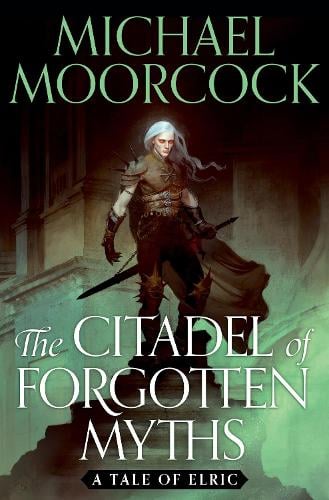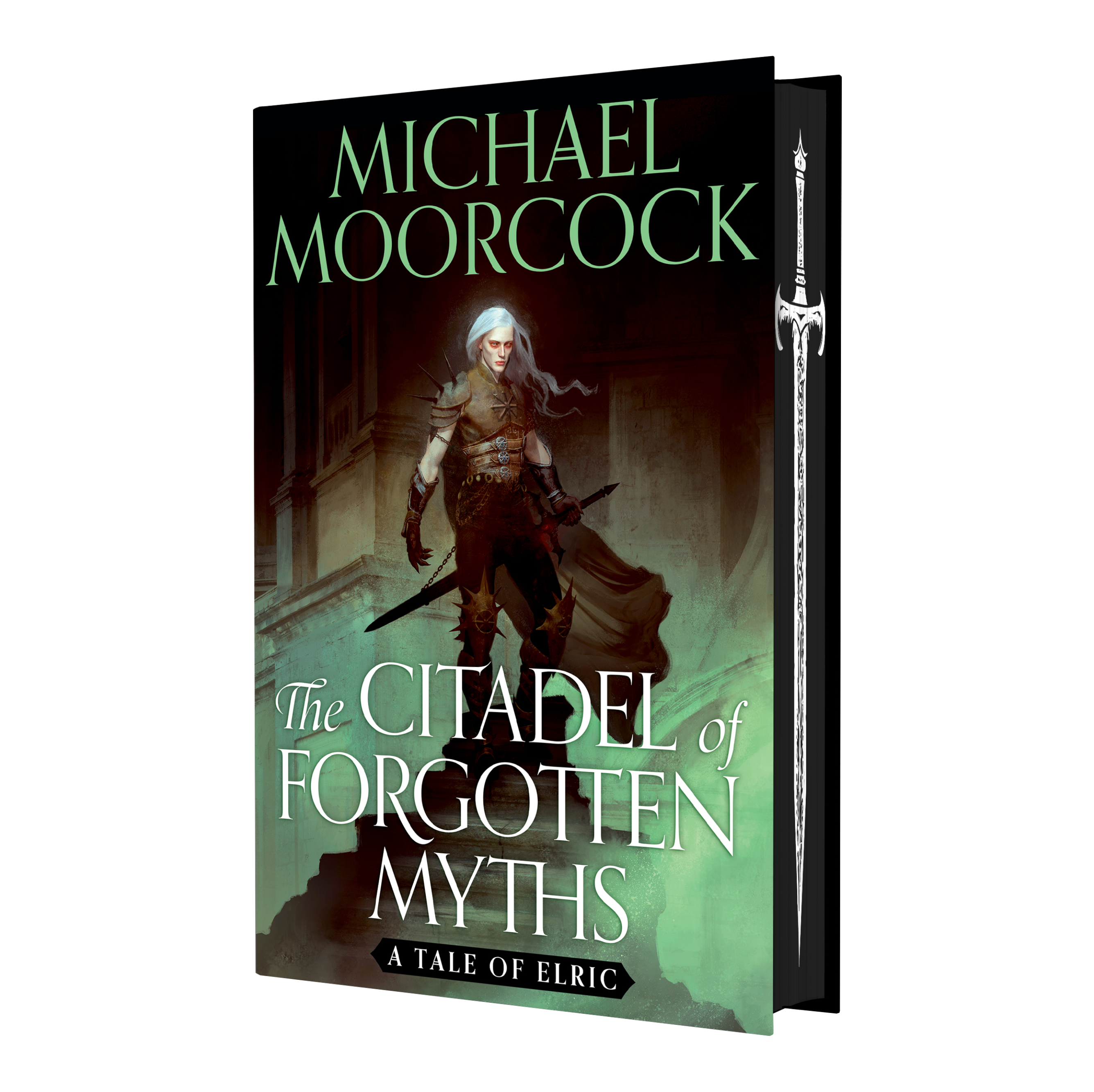

Further, Austen buttresses her argument for women’s education by appropriating John Locke’s ideas on the tabula rasa and on reading.Īlthough Austen’s novels are frequently placed within the Bildungsroman genre-by definition “denot growth, formation, or education” (Barney 174)-there exists little scholarship emphasizing her advocacy of female learning however, through Northanger Abbey, Austen creates an argument in conversation with educational authors of the past, namely Lennox and Locke.

The quixotic form is thus the ideal platform from which to explore the complex debate regarding female education-an epistemological move not without precedent as Charlotte Lennox, too, employs the quixotic model to create a markedly similar argument in her The Female Quixote (1752). After all, in order to rehabilitate the female quixote, she must be educated. Quixotism, depicting a hero or heroine who, through romantic reading, strays from reason and reality, is at its very foundation a paradigm concerned with education. As a result of this refocusing of critical intention and attention, Austen’s didactic use of the quixotic paradigm, as well as its political and social implications, has become significant. Robert Uphaus, for example, delineates the political representation of reading in Austen’s novels, including Northanger Abbey, illustrating Austen’s contribution to the cultural debate of women’s literacy. The subsequent shift in the critical debate surrounding Northanger Abbey towards feminist issues lays the foundation for a careful look at the dilemmas of female education, 2 which was dominated by male ideology and disallowed both “true” feminine reading and the obtainment of agency. The focus by earlier critics on inconsistencies of character and form has been challenged, however, by more recent arguments that downplay such inconsistencies in favor of the political maturity of Austen’s early work.

John Locke, Of the Conduct of the Understanding, 1706Ĭompleted in 1799, 1Jane Austen’s earliest novel Northanger Abbey has been criticized by scholars such as Anne Ehrenpreis and Alan McKillop for the juvenile nature of its composition and its lack of overall coherence. Those who have got this Faculty, one may say, have got the true Key of Books, and the clue to lead them through the mizmaze of variety of Opinions and Authors to Truth and Certainty. Such an Examen as is requisite to discover that, every Reader’s mind is not forward to make. . . For all that is to be found in Books, is not all built on true Foundations, nor always rightly deduc’d from the Principles it is pretended to be built on.


 0 kommentar(er)
0 kommentar(er)
